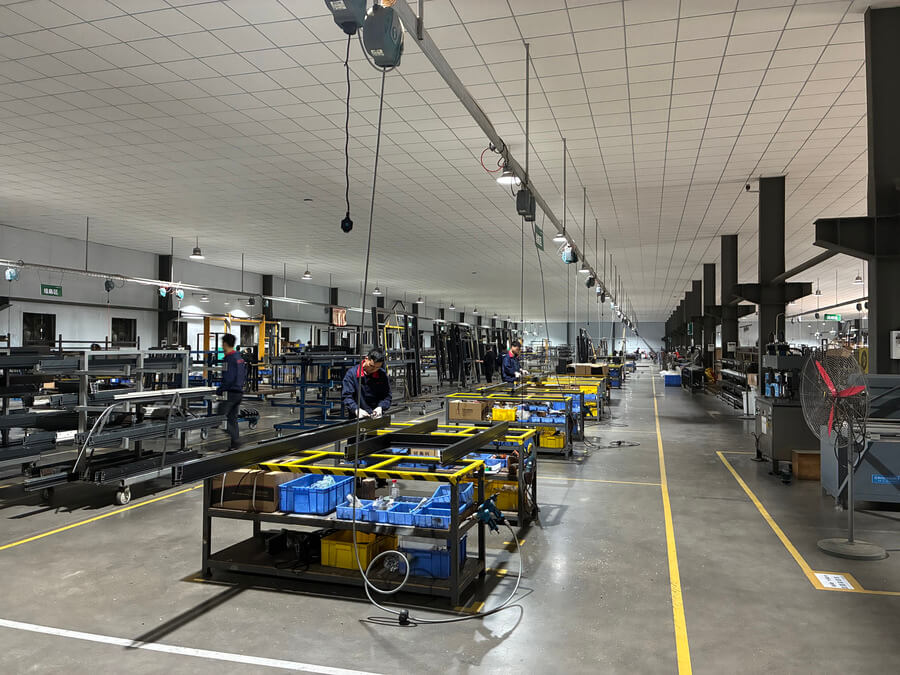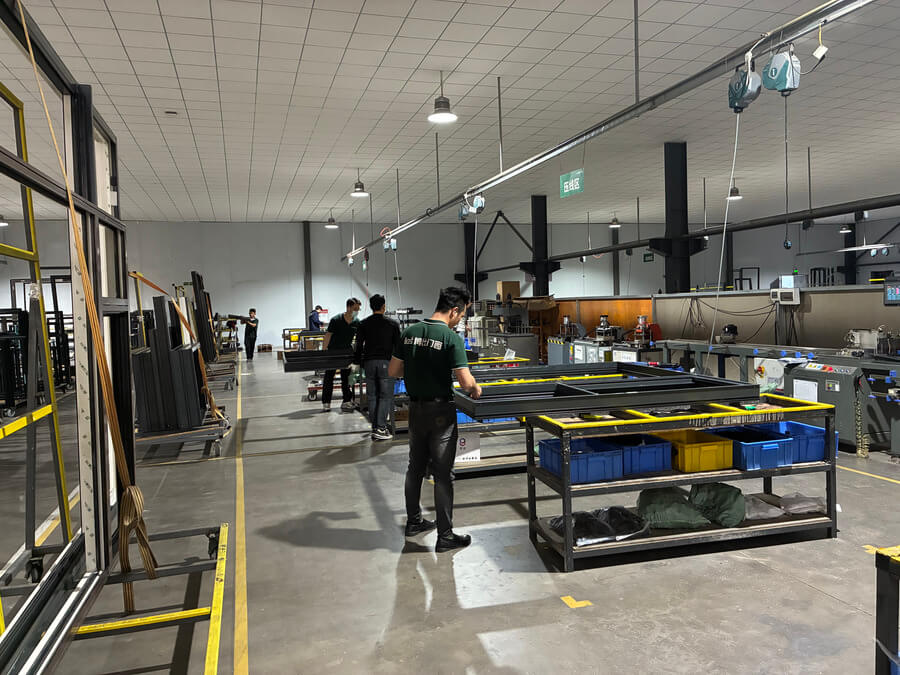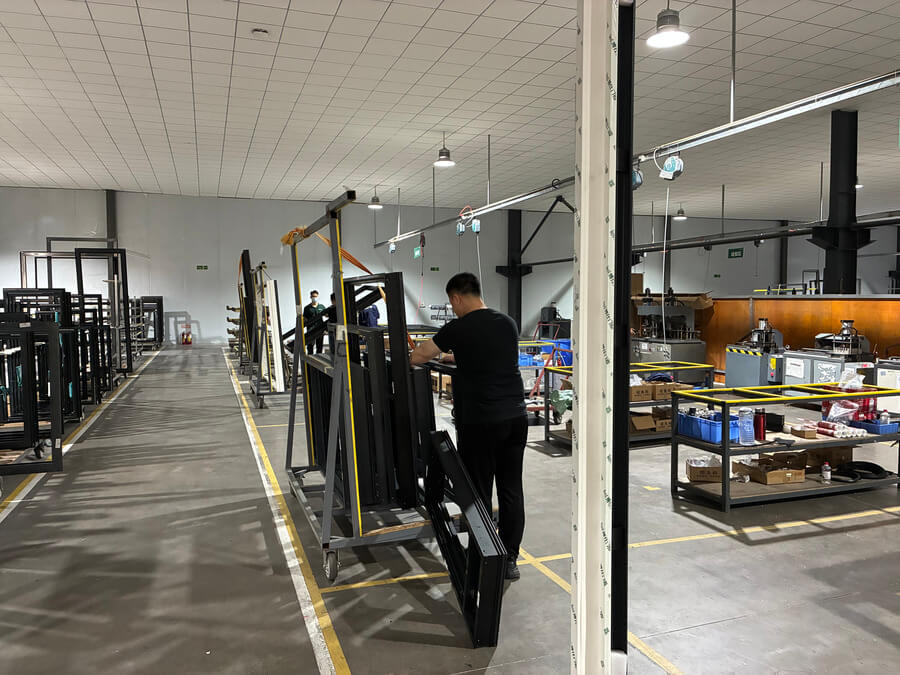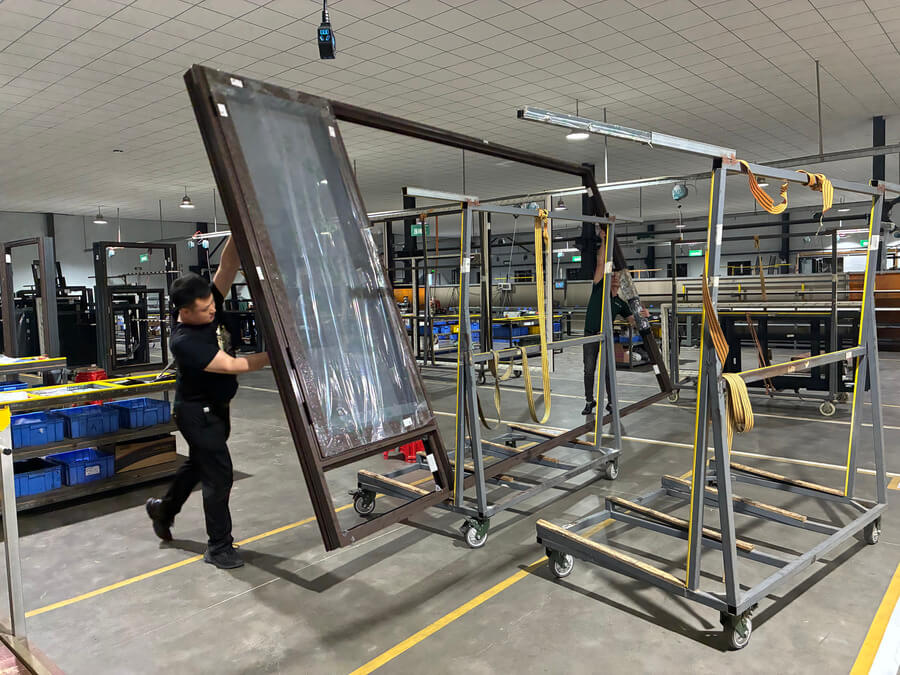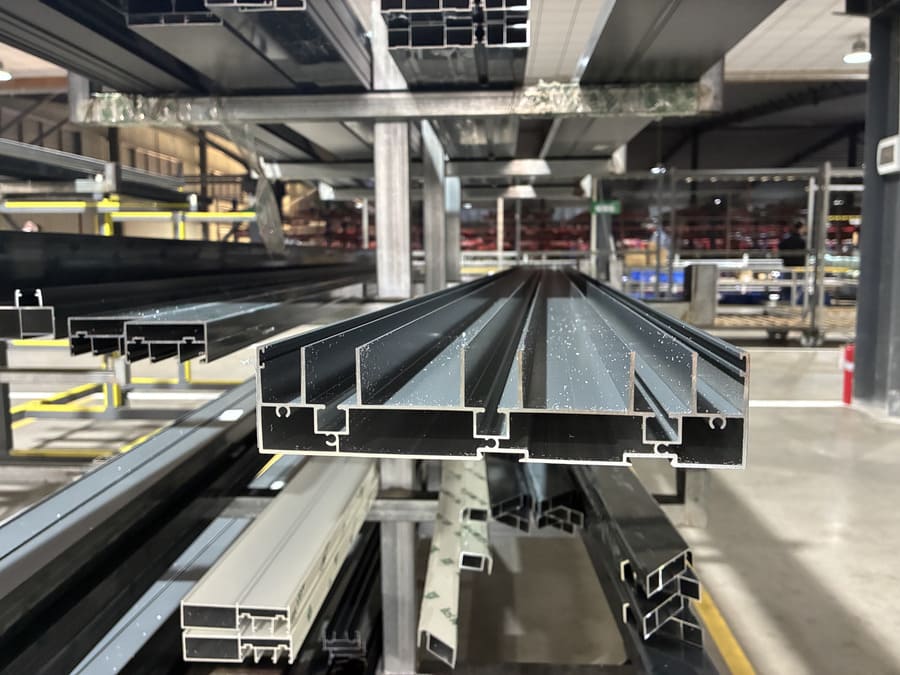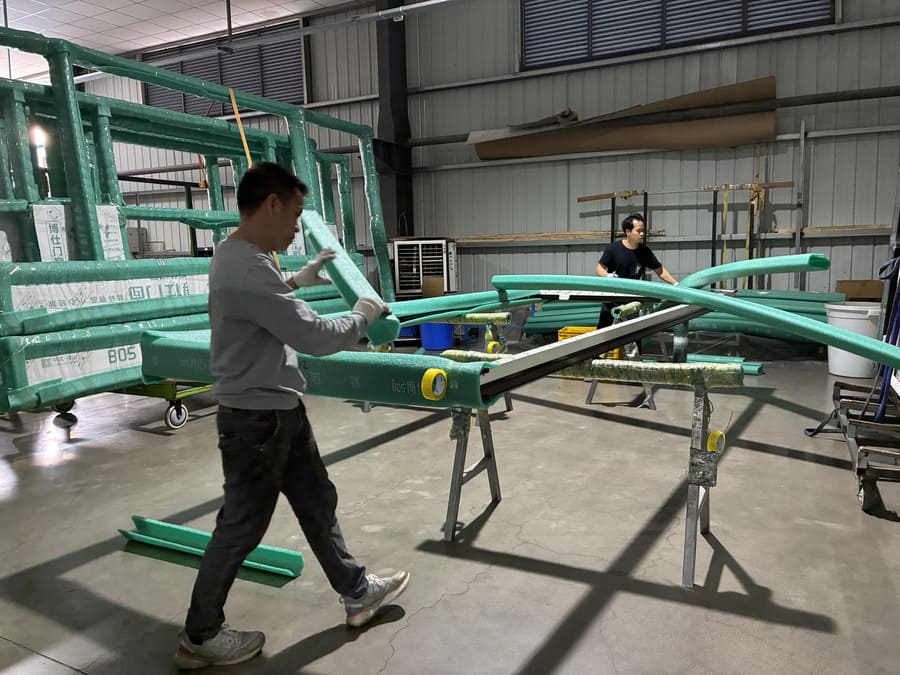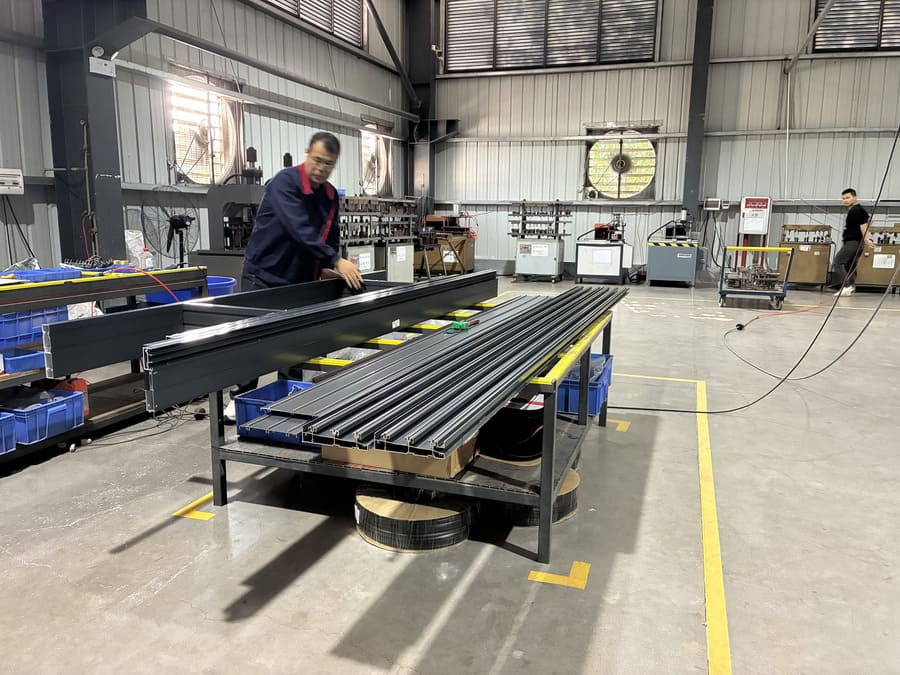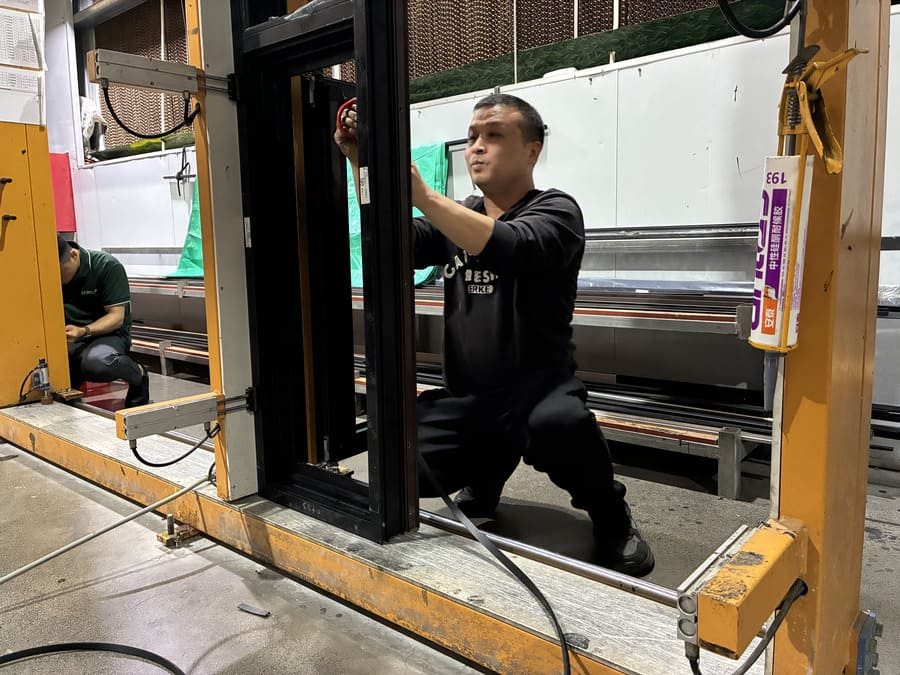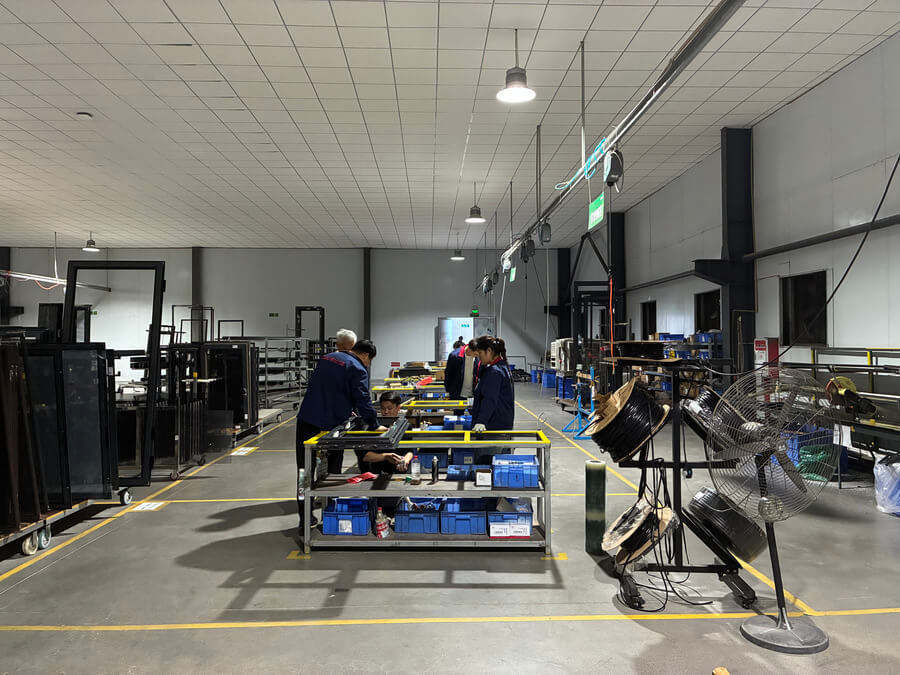What is Privacy Glass and How Does It Work?

Privacy glass, also known as obscure glass, is designed to offer privacy by making it difficult to see clearly through the pane of glass. Unlike clear glass, privacy glass is manufactured with textured or patterned surfaces, or special interlayers that diffuse light and obscure vision. This type of glass is commonly used in areas where privacy is paramount, such as bathroom windows, front doors, and office spaces. Privacy glass offers a built-in privacy solution, meaning the obscurity is part of the glass itself, not an added film or treatment.
There are several types of privacy glass options available in the market that do provide privacy. Frosted glass is a popular choice, created by sandblasting or acid-etching clear glass to produce a translucent surface that obscures direct views. Patterned glass features decorative designs pressed into the glass during manufacturing, offering both privacy and style. Tinted glass is another option, where the glass is treated with a tint to reduce transparency and glare. Art glass and etched glass are also forms of decorative privacy glass, often featuring intricate designs for a more upscale aesthetic. Privacy glass is designed to provide the privacy you need without completely blocking natural light, making it an excellent choice for maintaining bright and airy interiors while ensuring seclusion.
Privacy Window Film: A Quick and Easy Privacy Solution?

Privacy window film is a versatile and cost-effective way to add privacy to existing glass windows and doors. Privacy window film is a type of decorative window film that adheres to the interior face of the glass surface. Available in a variety of styles, including frosted window film, reflective window film, and blackout film, window films offer different levels of privacy to suit various needs. Window film is a great way to add privacy without the need for replacing entire windows, making it a popular choice for both homeowners and businesses looking to enhance privacy quickly and affordably.
Frosted window film, for example, mimics the look of frosted glass, providing privacy by obscuring vision while still allowing natural light to filter through. Reflective window film, often referred to as one way privacy window film, offers daytime privacy by creating a mirrored effect on the exterior side of the glass. During the day, people outside will see a reflection, while those inside can see out. However, it’s important to note that reflective window film is less effective for nighttime privacy when interior lights are on at night, as the effect reverses. For complete 24-hour privacy, blackout film is an option, as this film completely blocks both vision and light. Window film installed is generally a straightforward process, often DIY-friendly for smaller projects, or professionally installed for larger windows and doors or specialized films.
Daytime vs. Nighttime Privacy: What’s the Difference?

Understanding the difference between daytime privacy and nighttime privacy is crucial when selecting privacy solutions. Daytime privacy concerns primarily focus on preventing people outside from seeing into your home during daylight hours. Solutions like reflective window film are very effective for daytime privacy, as they utilize sunlight to create a mirrored exterior, offering privacy while adding style and reducing glare. Many homeowners and businesses find reflective window film ideal for maintaining privacy without sacrificing the view from inside during the day.
Nighttime privacy, however, presents a different challenge. When lights are on at night, the reflective effect of some films diminishes or reverses, potentially allowing people outside to see into your home. For nighttime privacy, options like frosted window film, blackout film, or traditional window coverings like blinds or curtains become more important. If nighttime privacy is a major concern, consider combining window films with window treatments for comprehensive 24-hour privacy. Alternatively, explore privacy glass options or opaque window film that provide consistent privacy regardless of lighting conditions. Considering both daytime and nighttime privacy needs will help you choose the right privacy options for your specific situation and ensure privacy at home around the clock.
Frosted Window Film or Frosted Glass: Which to Choose?

When deciding between frosted window film and frosted glass, consider the specific needs of your project, budget, and desired level of privacy. Frosted glass offers inherent privacy as part of the glass itself, making it a permanent and elegant solution. Frosted glass is created during the manufacturing process, resulting in a consistent and high-quality frosted finish that provides excellent obscure glass privacy. It’s ideal for new constructions or renovations where window replacement is already planned, particularly for bathroom windows or areas requiring a high level of privacy without window film in the sense of added layers.
Frosted window film, on the other hand, provides a way to add privacy to existing clear glass without the expense and hassle of replacing windows. Frosted window film is a more flexible and cost-effective option, perfect for retrofitting privacy into existing spaces. It’s easily applied to the interior face of the glass surface and can be removed or replaced if needed, offering greater versatility. While both options achieve a similar frosted look and offer privacy without sacrificing natural light, frosted window film is generally more affordable and easier to install on existing windows. The choice between frosted window film and frosted glass depends on whether you are installing new windows or looking for a way to add privacy to existing glass, with window film being a great solution for adding privacy to existing glass windows and doors.
Are Reflective Window Films Effective for One-Way Privacy?
Reflective window films, often marketed as one way privacy window film, can be effective for daytime privacy, but their one-way nature is conditional. Reflective window film works based on light intensity. During the daytime, when sunlight is brighter outside than inside, the reflective film creates a mirrored effect on the exterior side of the glass. This reflective privacy effect prevents outsiders from easily seeing in, while allowing those inside to maintain a view out. This sense that reflective window film provides daytime privacy is why it’s a popular choice for offices and homes wanting to reduce visibility from the outside during daylight hours.
However, the “one-way” aspect of reflective window film is different than reflective window film in the sense that it relies on a light imbalance. At night, when interior lights are brighter than the outside darkness, this effect can reverse. If interior lights are on at night, the reflective film becomes less effective at blocking views from the outside, and people outside may be able to see inside, especially if it’s darker outside than inside. For true, consistent one-way privacy, especially at night, consider combining reflective window film with other privacy solutions like blinds, curtains, or opting for privacy glass options that offer 24-hour privacy. Reflective window film is tinted and lacks consistent one-way privacy in all lighting conditions, so understanding its limitations is key to effective privacy planning.
Beyond Film: Exploring Other Types of Privacy Windows

While privacy window film is a popular and versatile option, there are other types of privacy windows that offer built-in privacy solutions without relying on films. Patterned glass, as mentioned earlier, is manufactured with embossed or textured patterns that obscure vision while allowing light transmission. Textured glass can range from subtle to heavily patterned, offering various degrees of privacy and decorative appeal. Art glass and etched glass are also specialty glass options that provide privacy through design, often featuring custom patterns or artistic elements integrated into the glass itself.
Smart glass, also known as switchable glass or dynamic glass, is an advanced type of privacy glass that can switch between transparent and opaque on demand. Smart glass utilizes electrochromic or polymer dispersed liquid crystal (PDLC) technology to change its opacity with an electric current, providing instant privacy at the touch of a button. Switchable glass offers ultimate control over privacy and light, making it ideal for modern homes and commercial spaces where privacy needs may vary. While generally more expensive than traditional privacy glass or window films, smart glass offers a high-tech and sophisticated way to achieve privacy without sacrificing style and functionality. For those seeking the latest in privacy technology, smart glass represents a cutting-edge solution for larger windows and doors and smaller windows alike.
Choosing the Right Privacy Options for Your Needs
Selecting the right privacy options depends on several factors, including your desired level of privacy, budget, aesthetic preferences, and whether you are working with existing windows or new construction. Consider the level of privacy you want in different areas of your home or building. Bathroom windows and bedrooms often require a higher level of privacy than living rooms or kitchens. For maximum privacy, opaque window film or blackout film provides complete obscurity, while frosted glass or frosted window film offers a balance of privacy and natural light. Patterned or tinted glass options can add privacy while also enhancing the decorative style of your windows and doors.
Boswindor Doors&Windows Solution Meet Your Needs
Durability, Low Maintenance, Lightweight, Strength, Sleek Aesthetic, Energy Efficiency, Recyclable, Resistance to Corrosion, Longevity, Customize, Security
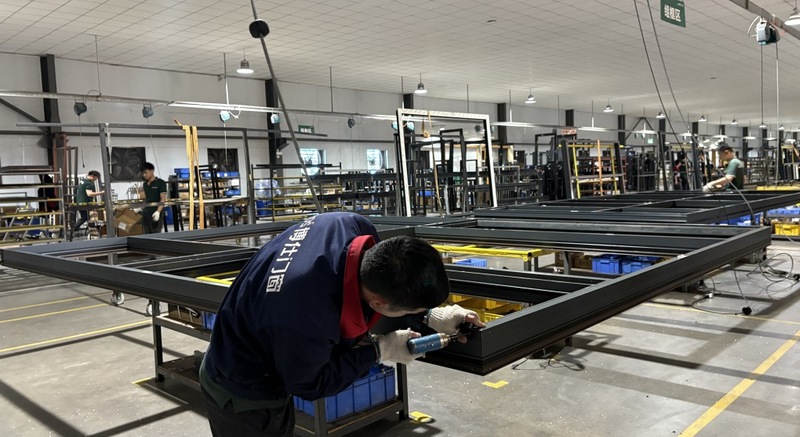

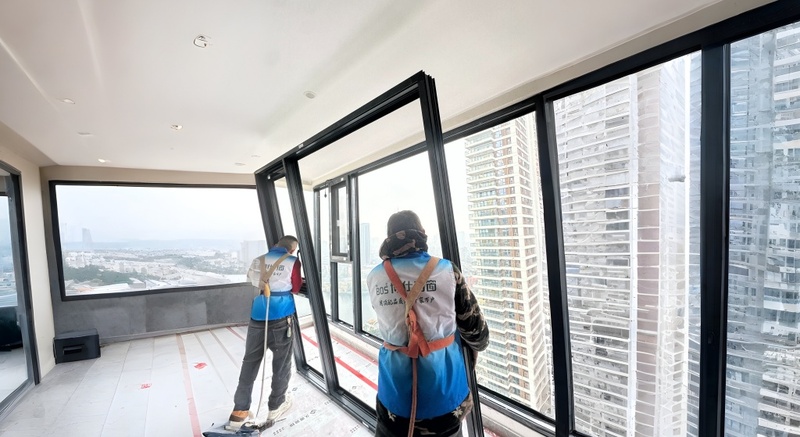
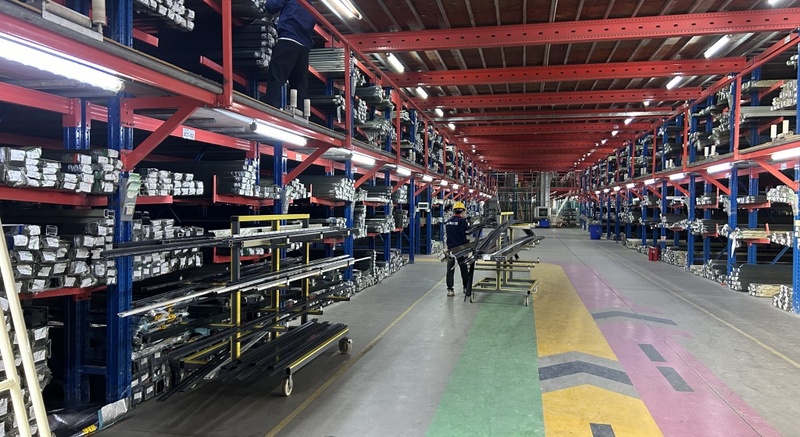


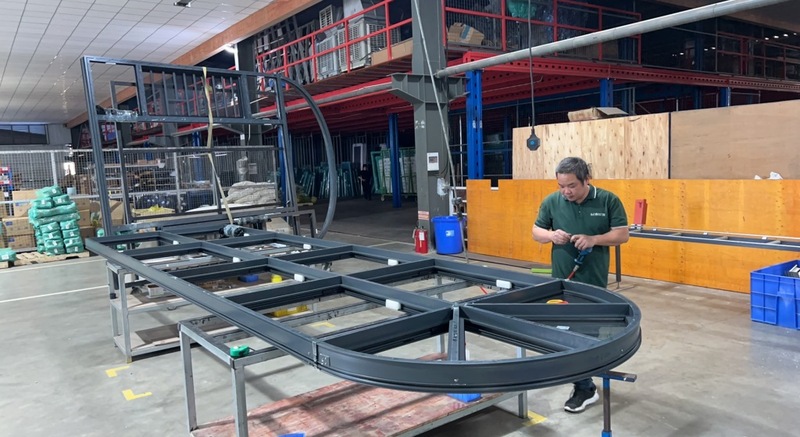
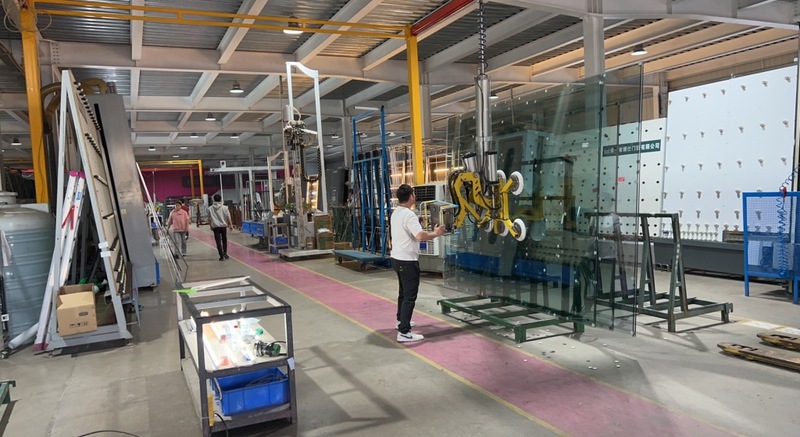
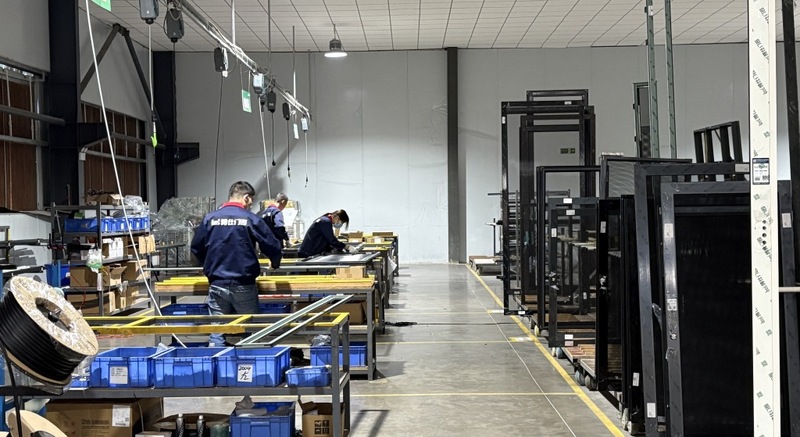
Think about whether you need daytime privacy, nighttime privacy, or 24-hour privacy. Reflective window film is excellent for daytime privacy but may require additional solutions for nighttime. Frosted glass, frosted window film, and blackout film offer consistent privacy day and night. Consider your budget, as privacy window film is generally more cost-effective than replacing windows with privacy glass or smart glass. Also, think about installation – window film is often DIY-friendly, while privacy glass requires professional installation. By carefully assessing your privacy needs and preferences, you can choose the right privacy window solutions to create comfortable, private, and stylish spaces. Boswindor, as a leading doors and windows manufacturer of China, offers a comprehensive range of privacy window solutions, including privacy glass and decorative window films, designed to meet diverse needs and preferences.
FAQs:
Can privacy film be applied to any window type?
Yes, privacy film can be applied to most types of window, including single-pane, double-pane, and even some types of specialty glass. However, it’s always best to check the window manufacturer’s recommendations, especially for windows with special coatings or tints.
Does privacy glass block natural light?
Privacy glass is designed to obscure vision while still allowing a significant amount of natural light to pass through. The level of light reduction depends on the type of privacy glass, with frosted and patterned glass typically allowing more light than heavily tinted or blackout options.
How long does privacy window film last?
The lifespan of privacy window film can vary depending on the quality of the film, installation, and environmental conditions. Generally, high-quality privacy window film can last for 5 to 10 years or even longer with proper care.
Is it easy to remove privacy window film?
Yes, most privacy window films are designed to be removable. However, the ease of removal can depend on the type of film and how long it has been installed. Gentle heating with a hairdryer can often help loosen the adhesive for easier removal.
Key Takeaways for Privacy Windows:

- Privacy glass offers built-in privacy through textured, patterned, or treated glass.
- Privacy window film is a cost-effective and versatile way to add privacy to existing windows.
- Daytime privacy and nighttime privacy require different considerations when choosing solutions.
- Frosted window film and frosted glass both provide privacy with natural light, but film is more adaptable to existing windows.
- Reflective window film is effective for daytime one-way privacy, but less so at night.
- Smart glass offers advanced, switchable privacy on demand.
- Choose privacy options based on your desired level of privacy, budget, and aesthetic preferences.
For premium quality privacy windows and doors, consider Boswindor. We are dedicated to providing innovative and stylish window solutions that enhance your privacy and comfort. Contact us today to explore our range of privacy glass options and window films to find the perfect solution for your project!







